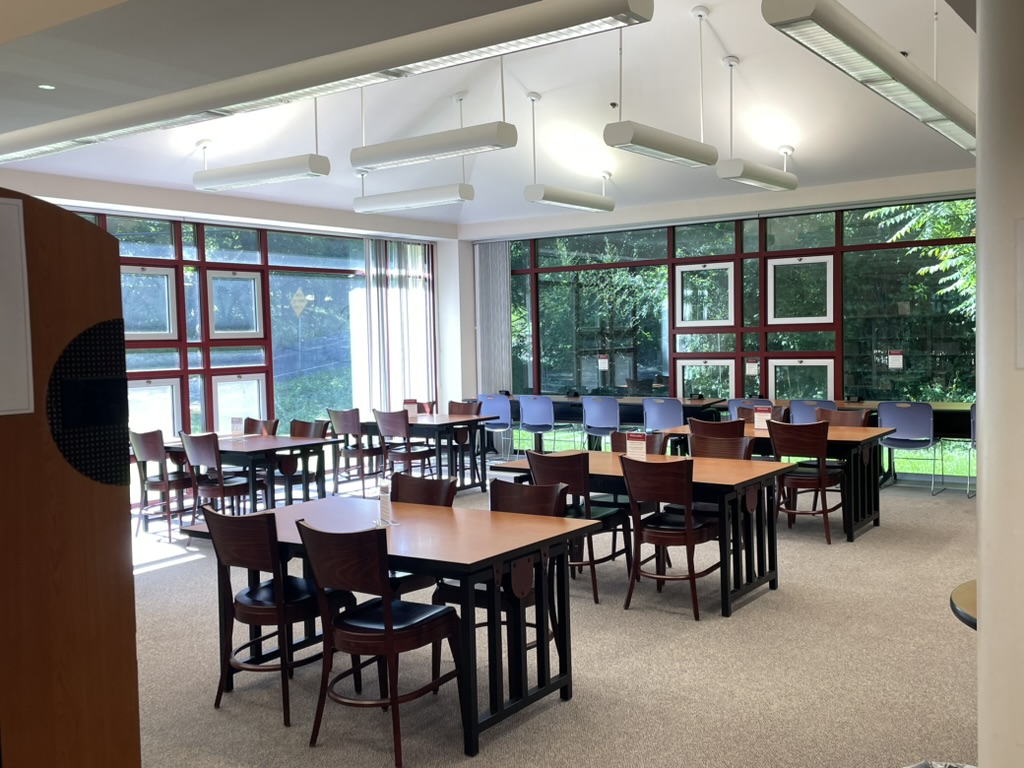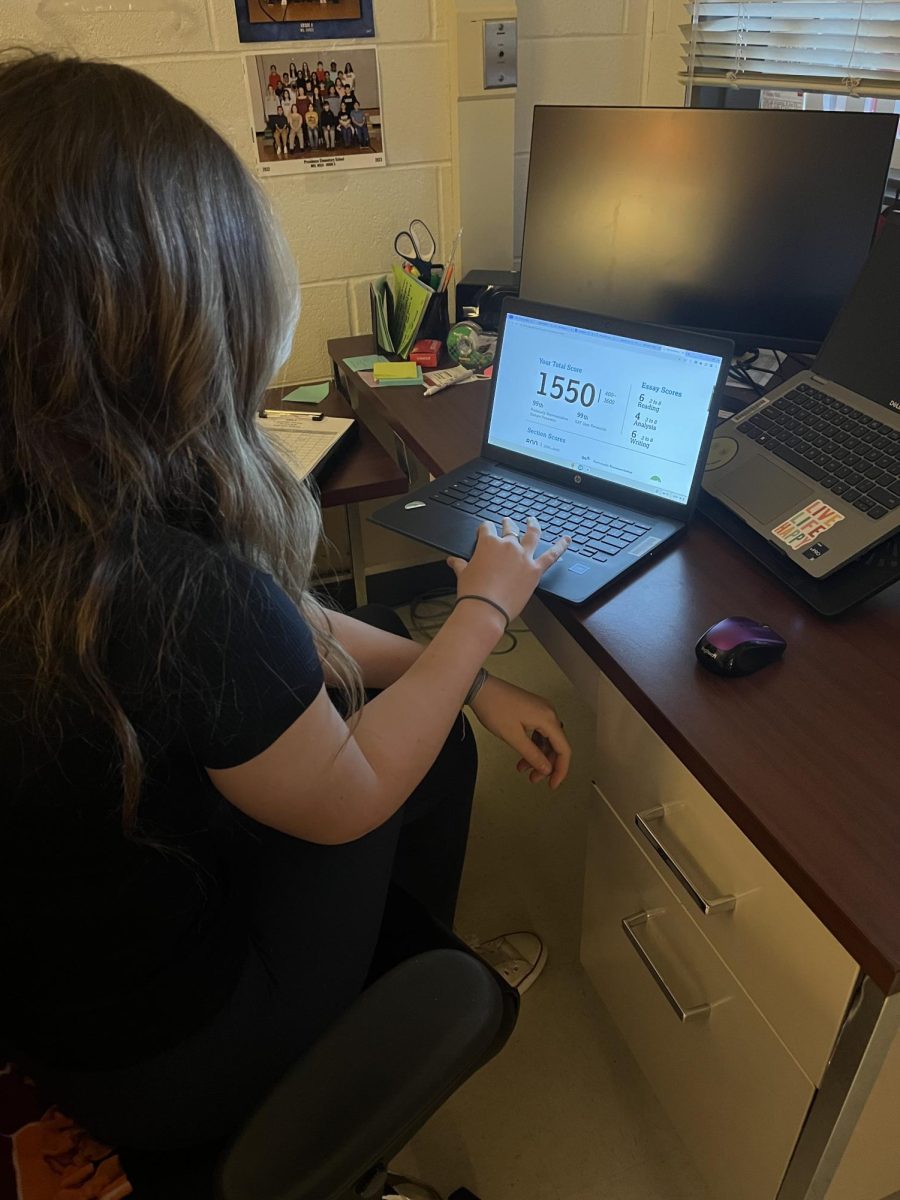
As some students in the Class of 2013 immerse themselves in their first major assignments, class selection for the 2011-2012 school year can seem like a millennium ago. Perhaps the tension and hesitation juniors felt may still be there if they checked off a class with the ‘IB’ tag.
The International Baccalaureate program is known world-wide for its rigorous coursework and assessments. Although only the most aspiring students take IB courses, reactions to the heavy workload can range from “Here we go…” to “Where’s my counselor? I need to change my schedule.”
“I decided to do IB because I wanted to challenge myself. It will help me learn how to balance different activities and school,” junior Andrea Lopez said. Lopez has chosen to accept what is to come throughout this two-year program in order to better prepare herself for college.
IB classes are generally acknowledged as being of the same difficulty as college classes, which is why the jump from normal classes to IB can be so disastrous for some.
“There’s no more babysitting or spoon-feeding,” junior Beatrice Ohene-Okae said. “The work is fast-paced and the teacher expects you to know the material. There is more focus on analysis in the work you do and in the end, you get a 0.5 added to your grade point average.”
The program helps develop critical thinking and problem solving skills. It also saves students lots of money, for if a student passes an IB class and its IB exam, they do not have to repeat those classes as a freshman in college.
“I think the IB Diploma will definitely prepare me for college because the way of teaching and grading will be the same [in college],” Lopez said. “IB classes are different because a student has to think of a subject or a situation in a global way,” Lopez said.
The IB Diploma program is not something any student can do without a significant amount of commitment, for it is a very difficult time-consuming process.
“I think that each class requires a lot of reading and the workload varies for with each one,” junior Abigail Palacios said. Palacios also notes that although her IB courses are challenging, they teach her cultural knowledge and vocabulary words she can use for a lifetime.
Taking IB classes does not mean receiving the full IB Diploma. This can be disheartening for many students because although they may be doing the work for each IB class, failure to meet a certain number of requirements in courses such as art and technology results in no diploma with the IB name attached to it.
Students who set their eyes on getting an IB diploma may have to settle for getting IB certificates, if they do not meet all the requirements of the diploma program. Certificates are still highly regarded, as the harder you work, the bigger the payoff is.








